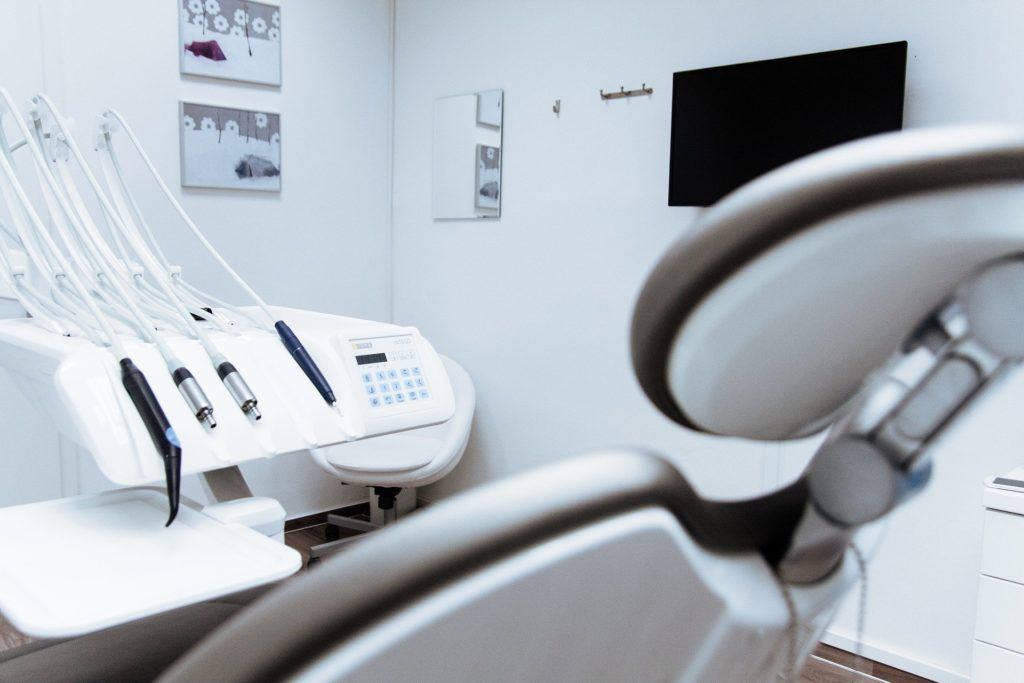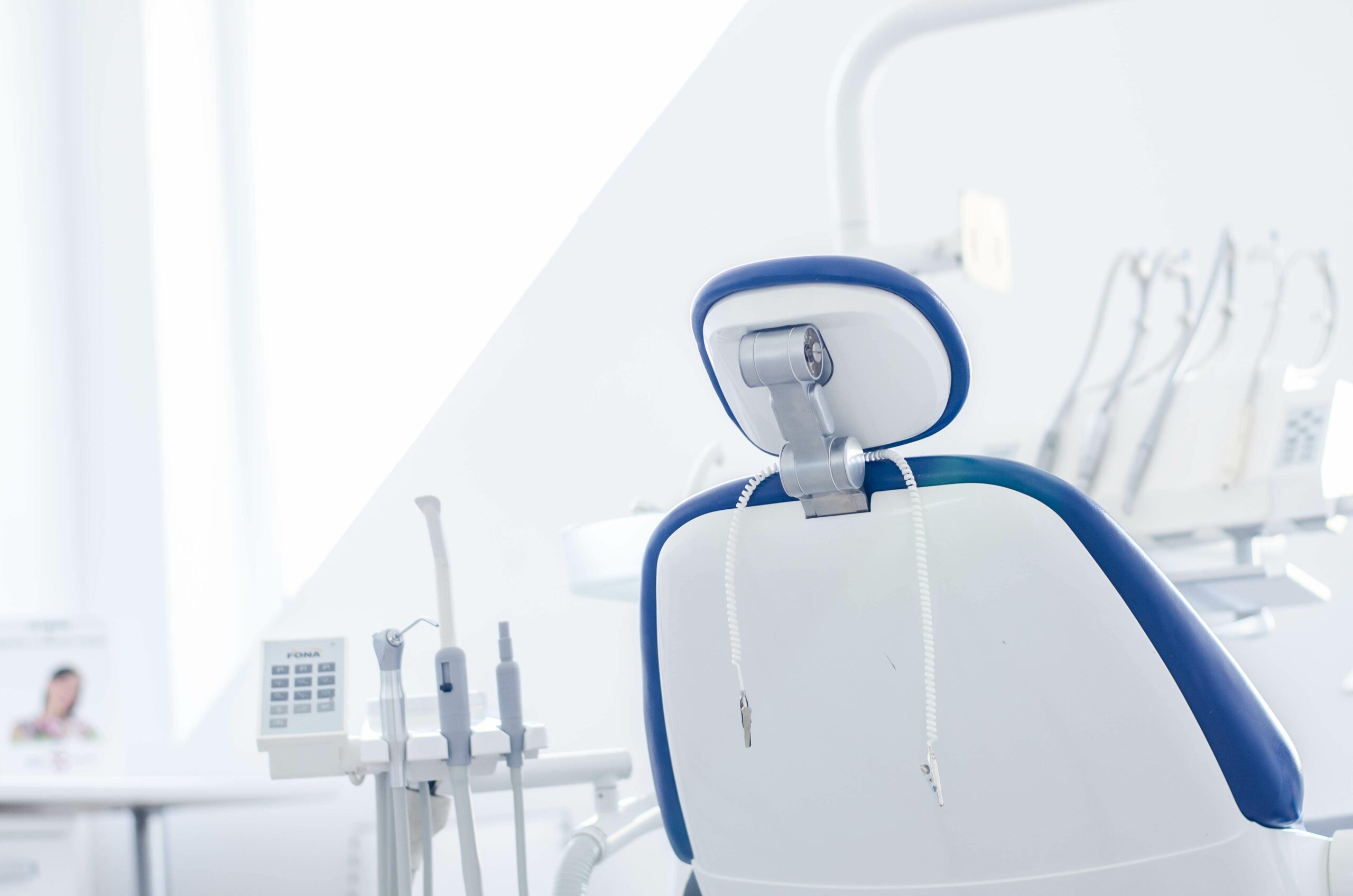There are a number of points to consider when buying and selling dental practices. A solicitor experienced in dental transactions knows the important questions to ask, so as to be able to offer the best service and advice enabling you to be confident that you are choosing the right advisor for your transaction.
Whilst this is not a complete how to guide, hopefully it will provide some food for thought and help prepare you for your dental practice sale or purchase.
The Dental Practice
What sort of dental practice is being sold? A good indicator that a healthcare solicitor is experienced with buying and selling dental practices can be whether they ask about your practice in terms of the services provided. Is there an NHS contract and is it GDS or PDS, is the practice only private dental care or a mix, and so on.
If you hold a GDS or PDS contract it will often be the most valuable asset of the practice and, depending on where the practice is located, can be worth much more than the dental practice property. This means that when selling an NHS practice, the successful transfer of the GDS or PDS contract is fundamental.
Our experienced solicitors can advise on structuring the dental transaction so that all of the appropriate notices are given under an NHS contract, and the relevant points which can be raised by the PCT are dealt with.
Property
Another important part of selling or buying a dental practice is dealing with the commercial property. The healthcare business team at Scott Bailey includes commercial property lawyers who work to ensure the successful transfer of any dental practice premises. Key points to consider include whether the dental practice premises are freehold or leasehold, and whether the consent of a third party may be required in order to achieve the transfer, as these issues can change the deal considerably from both a commercial lender’s, and legal, aspect.
If you are selling a dental practice, you may wish to consider keeping the practice property, and granting a commercial lease to the buyer, rather than selling the freehold to them. There are pros and cons to both as this can generate an income moving forward after the sale, but the seller may not get the clean break they are looking for. There are also repair obligations to consider. The commercial property solicitors at Scott Bailey will check whether there are restrictive covenants, easements or other legal issues with the title to be dealt with and advise you of the best course of action in a down to earth fashion using plain English. Click the link to view some of the other services our commercial property team can provide to dental practices.
Funding
How is the practice purchase being funded? Is it cash, family investment, or (as is often the case) bank funded? Each method has its own merits and requirements. Our commercially focused dental solicitors are experienced in dealing with lenders and helping to ensure that a lender’s requirements are met in a timely fashion so as not to hold the transaction up. Some lenders may require additional security such as personal guarantees, and our team can provide advice in respect of this too. If you are intending to buy a practice but haven’t secured funding yet, get in touch and our solicitors can point you in the direction of brokers who will be able to advise and assist.

The Sale Agreement
Our expert dental practice solicitors will prepare a contract known as a sale and purchase agreement (or “SPA”) drafted to suit your particular needs. The SPA will deal the required regulations which relate to dental practices whether the practice treats private or NHS patients, or both.
Experienced dental solicitors know that a standard commercial business sale agreement is rarely suitable for selling a dental practice. The SPA will need to cater for the NHS contract, and whether the dental practice is owned by a partnership, private individual or a limited company. Our dental solicitors are experienced in negotiating warranties and indemnities which are appropriate and not unduly onerous on either party. The business sale agreement will also address the apportionment of any uncompleted treatments between the buyer and the seller and the trickier aspects such as defective treatments, complaints by patients, and environmental issues or your Care Quality Commission (CQC) registration.
When acting for a seller, we will seek to negotiate warranties and indemnities which are fair, and not too onerous on the seller, and seek to limit the seller’s liability as well as ensuring that the restrictive covenants do not go too far in preventing the seller from continuing to practice as a dentist somewhere else.
Employees, Associate Dentists, and Self-employed Staff
Our dental team can also advise on your obligations under the Transfer of Undertakings (Protection of Employment) Regulations (also referred to as “TUPE”) regarding the transaction. Associates and other self-employed staff do not automatically transfer to the buyer, and so it is likely a buyer will want to ensure that the goodwill value is protected by making sure that the Associates and other self-employed staff agree to stay on at the practice post-completion.
Whilst employment and self-employed contracts should all be kept up to date in any event, it is particularly good practice to ensure all employment contracts, employment handbooks, and health and safety policies, and so on, are up to date to show a buyer that it is buying a tidy and compliant practice. The solicitors at Scott Bailey can provide employment law advice and help make sure you have all required employment contracts and related documentation in place. Click the link to visit our employment law page.
Due Diligence
Just like when you buy or sell a house, the buyer’s solicitors will provide a number of questions and requests for information about the dental practice being sold. It is really important for a dentist selling a dental practice to prepare honest and detailed replies to the due diligence enquiries. If proper answers are not provided, it will slow the transaction down, or even cause a buyer to pull out.
Areas of enquiries usually include:
- Employees
- Property
- Equipment
- Complaints
- UDAs and performance of any NHS contract
The best way to avoid unnecessary delay during the due diligence process, is to make sure all of the practice records are organised and up to date. If you are thinking about selling the practice, and have not found a buyer yet, our healthcare solicitors can assist in auditing your records to make sure everything is up to date and ready to present to a buyer.

Cost
The all-important question for dentists when buying or selling a dental practice is “how much will it cost?”. Most solicitors experienced in buying and selling dental practices will offer a fixed fee for their costs. It is quite unusual for a solicitor to work on traditional hourly rates for dental practice transactional work like this as most clients will want to know what their exposure will be. We therefore make an estimate of cost based on important points such as whether there is an NHS contract, what type of NHS contract is it, are shares and a limited company involved, is it an asset purchase, is there property and how many sites are involved. Fixed fees will usually range from £6,000 to £15,000 + VAT and disbursements depending on the complexity and facts.
What are disbursements? Particularly where a property is involved there will be search fees for a seller to pay, possibly landlord’s fees if there is to be a lease assignment, indemnity policies may be required and there may be bank fees. There may also be tax such as SDLT to consider. We can help you work through these costs so you know what you will have to pay from the outset.
Time
There is usually a minimum time dental practice sales and purchases can take due to issues such as CQC registration for buyers (8-12 weeks for example). If this process goes smoothly, then a time frame of around 4 months is not unusual. However, landlords and the LATs may slow things down with any additional requirements and so it pays for the parties to be as organised as possible from the start to try to speed things along.
For more information
Based in Lymington, Hampshire, the dental practice solicitors at Scott Bailey can advise on all aspects of buying or selling a dental practice and related work issues. Our solicitors represent clients all across the country.
Our experienced dental solicitors recognise that every transaction is different and we can prepare a bespoke estimate or offer a fixed fee that reflects your individual requirements.
For more information about selling or buying a dental practice, or other legal aspects of running a dental practice and how Scott Bailey’s solicitors can assist you, please contact Ben Ironmonger, one of our New Forest healthcare solicitors.










